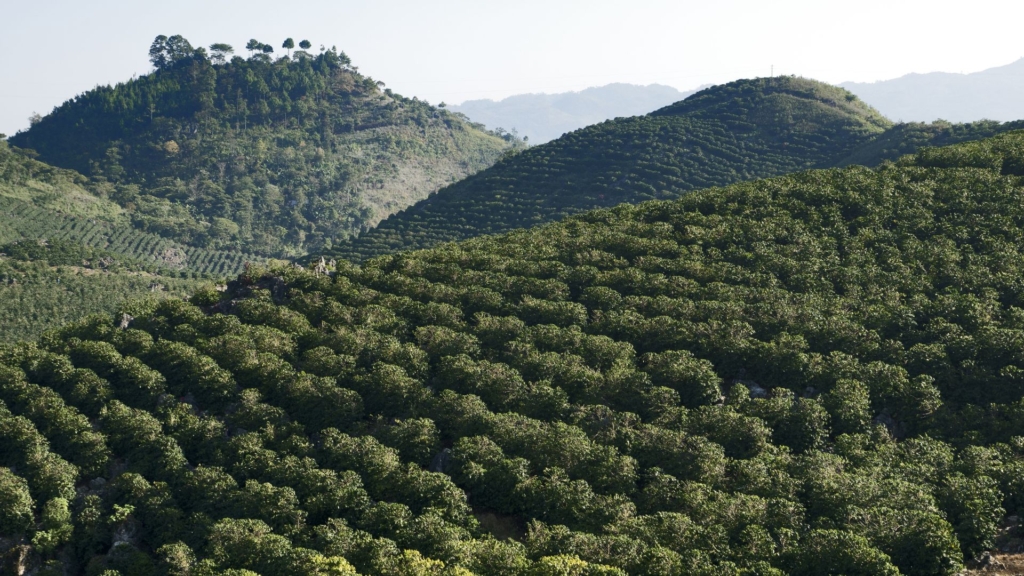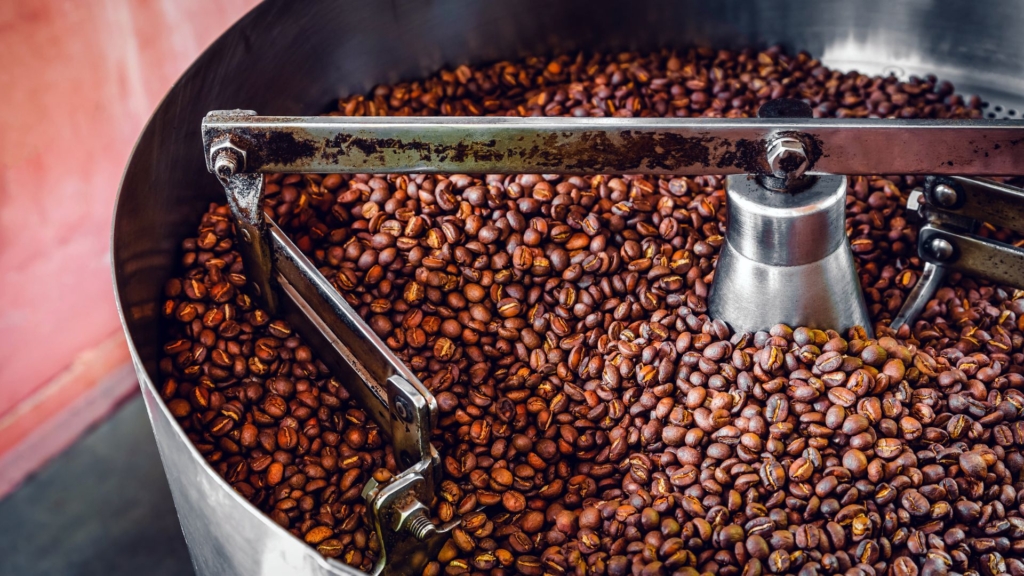The Farm Ownership Paradox
Remember when owning a coffee farm seemed like every roaster’s dream? That romance is fading faster than morning fog over a Colombian mountainside. Despite the allure, roasters are discovering that farm ownership often brings more headaches than happiness. With green coffee representing a mere slice of the industry’s $250 billion pie, and challenges ranging from soaring costs to climate uncertainties, many are rethinking this approach.
The reality check comes from Mountain Harvest Coffee’s COO Nico Herr, who notes, “What looks good on paper often falls apart in practice. The complexities of farm management, local relationships, and climate adaptation require decades of embedded knowledge.” This insight is echoed across the industry, where successful models increasingly focus on partnership rather than ownership.

The Machine Revolution
Here’s something to ponder over your next brew: why do capsule machines have unnecessary levers? It’s not just design flourish – it’s psychology in action. Dr. Jonathan Morris from the University of Hertfordshire explains, “Consumers trust what they recognize. When we see familiar elements – like levers and pressure gauges – we instinctively feel more confident in the product.”
This psychological design approach has helped drive the explosive growth in the capsule market. Modern machines balance innovation with familiar cues, creating a bridge between traditional coffee culture and contemporary convenience. Recent market data shows capsule machine sales increasing by 42% in urban markets, with younger consumers leading the charge.
The Italian Heritage Shift
The Bialetti story represents more than just a business transition – it’s a cultural watershed moment. As the iconic Moka pot maker faces acquisition by Hong Kong’s Nuo Capital, it joins a growing list of European heritage brands adapting to Asian market dynamics. Massimo Battaglia from Accademia del caffè espresso notes, “We’re seeing a fundamental shift in how coffee traditions evolve and adapt globally.”
The New Wave of Innovation
Beyond these headlines, cutting-edge developments are reshaping coffee’s future:
- AI-Driven Roasting: Smart roasting systems are using machine learning to perfect roast profiles, with some reporting 30% improvements in consistency
- Sustainable Packaging Revolution: Biodegradable capsules made from coffee chaff are gaining traction, reducing waste by up to 60%
- Virtual Coffee Tasting: Digital platforms are enabling remote cupping sessions, connecting farmers directly with roasters through VR technology

Market Response and Consumer Behavior
Recent surveys reveal fascinating shifts in consumer preferences:
- 68% of millennials prioritize convenience over traditional brewing methods
- Sustainable packaging now influences 73% of purchase decisions
- Direct-to-consumer coffee subscriptions have grown by 156% since 2023
What’s Next?
Industry experts predict several emerging trends:
- Hybrid brewing systems combining traditional methods with smart technology
- Increased focus on regenerative agriculture at origin
- Growth in personalized roast profiles based on AI analysis of consumer preferences
The coffee world of 2025 is a complex blend of tradition and innovation, where success increasingly depends on adapting to rapidly changing consumer preferences while respecting coffee’s rich heritage. As Denis Twinamatsiko from Now Africa Initiative reminds us, “The future of coffee lies not in ownership, but in partnership and sustainable innovation.


